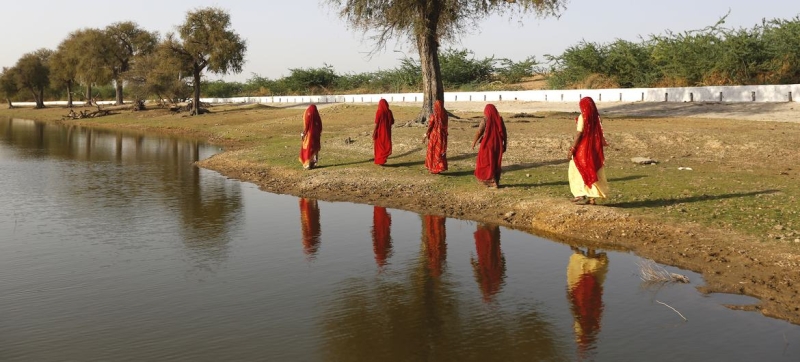
In 2023, 380 million women and girls were living with water scarcity. “Women and Water”: gender aspects of water problems were discussed at a forum in the capital of Tajikistan Women
In 2023, 380 million women and girls were living with water scarcity, and the situation for the global female population is only getting worse. It is predicted that by mid-century, 674 million women in 33 countries will be in this situation. Participants at a recent forum in Dushanbe, Tajikistan, agreed to take action to prevent such a scenario.
Engaging Women
UN Women research highlights the profound gendered impacts of water scarcity, threatening food security, health, cultural integrity and peace. The UN calls for the involvement of as many women as possible in solving water problems. Moreover, it is important that water-related policies take into account the impacts that particularly affect women.
International Forum  ;
The International Women and Water Forum brought together 120 partners from 17 countries and various sectors, including women diplomats, activists, scientists, water sector specialists, as well as representatives of government agencies, civil society organizations and development partners in Dushanbe, Tajikistan.
The Forum was held as an important side event of the Third High-Level International Conference of the International Decade for Action “Water for Sustainable Development, 2018-2028”.
The Dushanbe Water Process is an initiative of the Government of the Republic of Tajikistan, implemented in close cooperation with the United Nations.
During the Forum, participants exchanged views and experiences on empowering women in leadership positions in water diplomacy and decision-making processes to contribute to human security from a gender equality perspective and enhance societal resilience to crises. Participants recognized that while the global water crisis requires contextual solutions, it is fundamentally a social problem.
The forum concluded with a call for a comprehensive review of progress in implementation actions within the Dushanbe water process since 2018. Tajikistan and the Netherlands have committed to addressing gender issues in the context of water management and sharing their findings.
